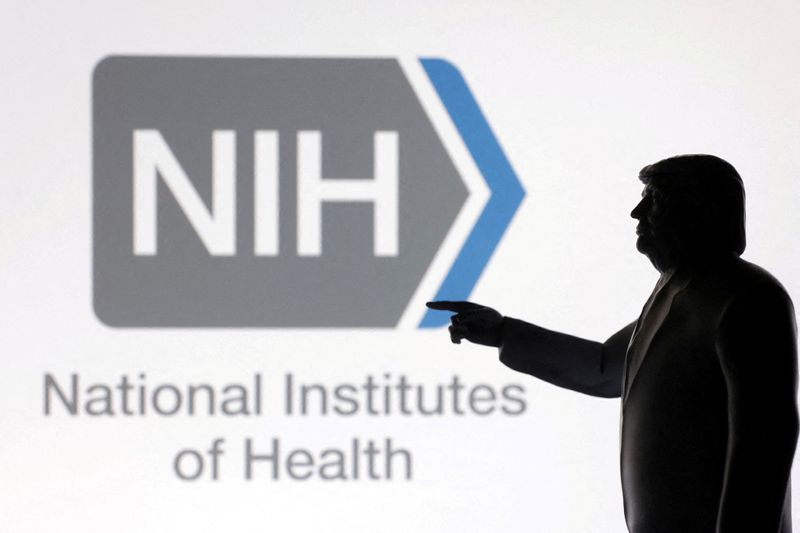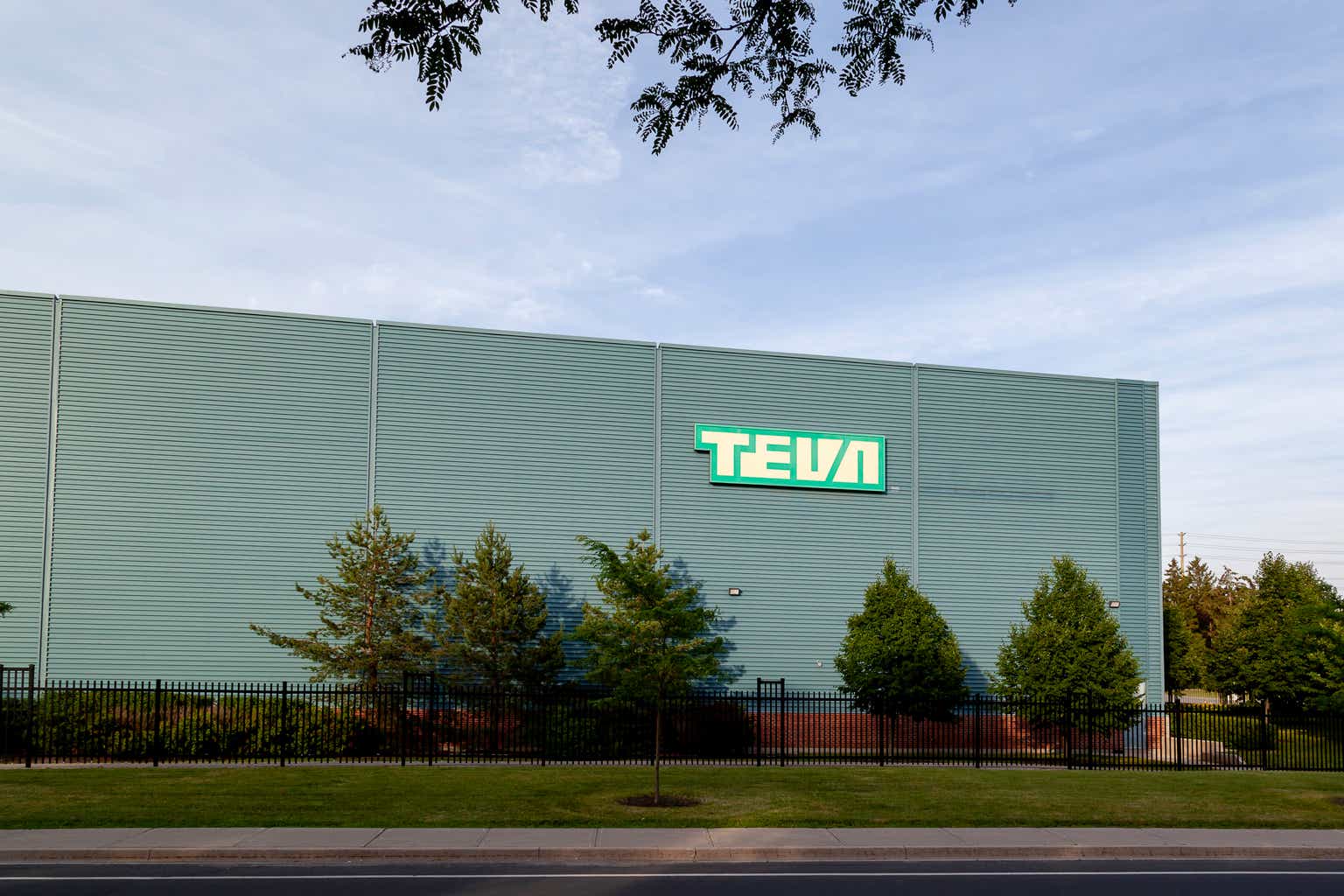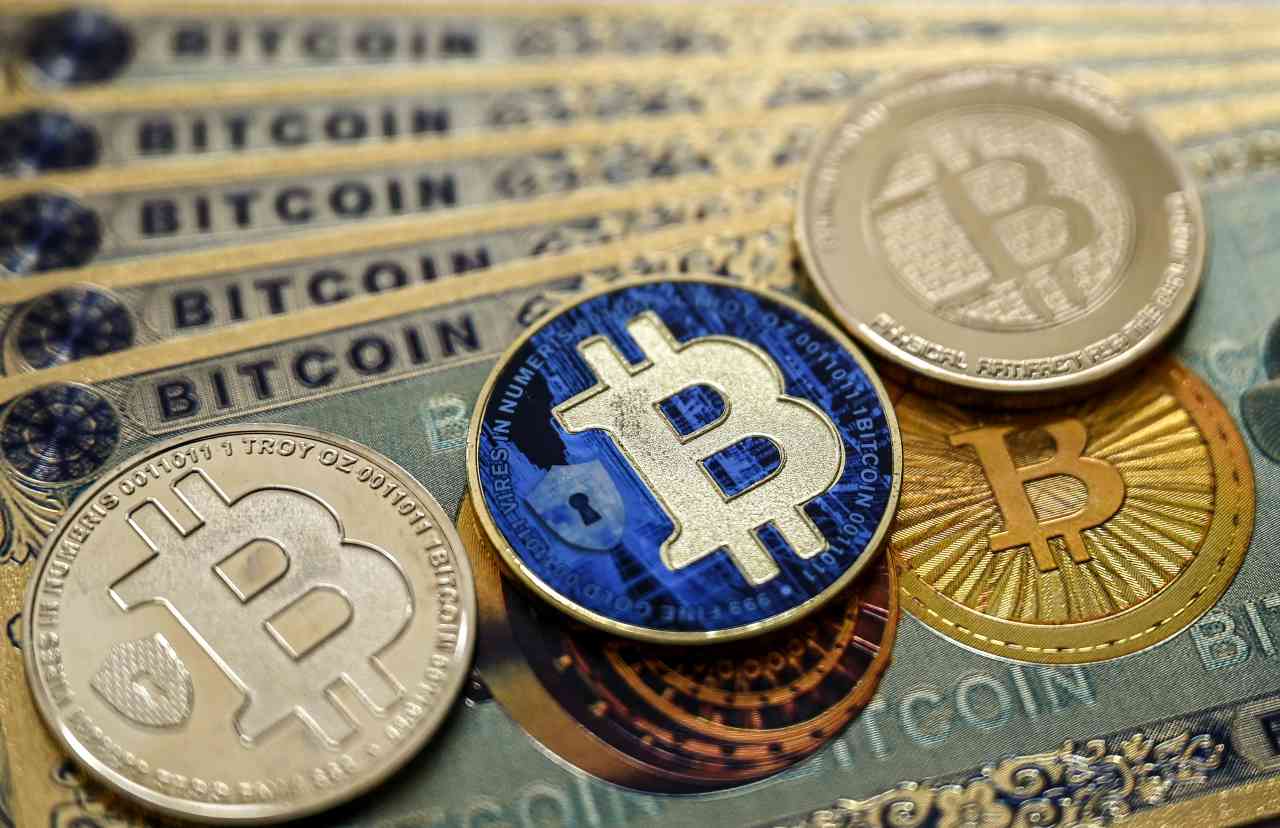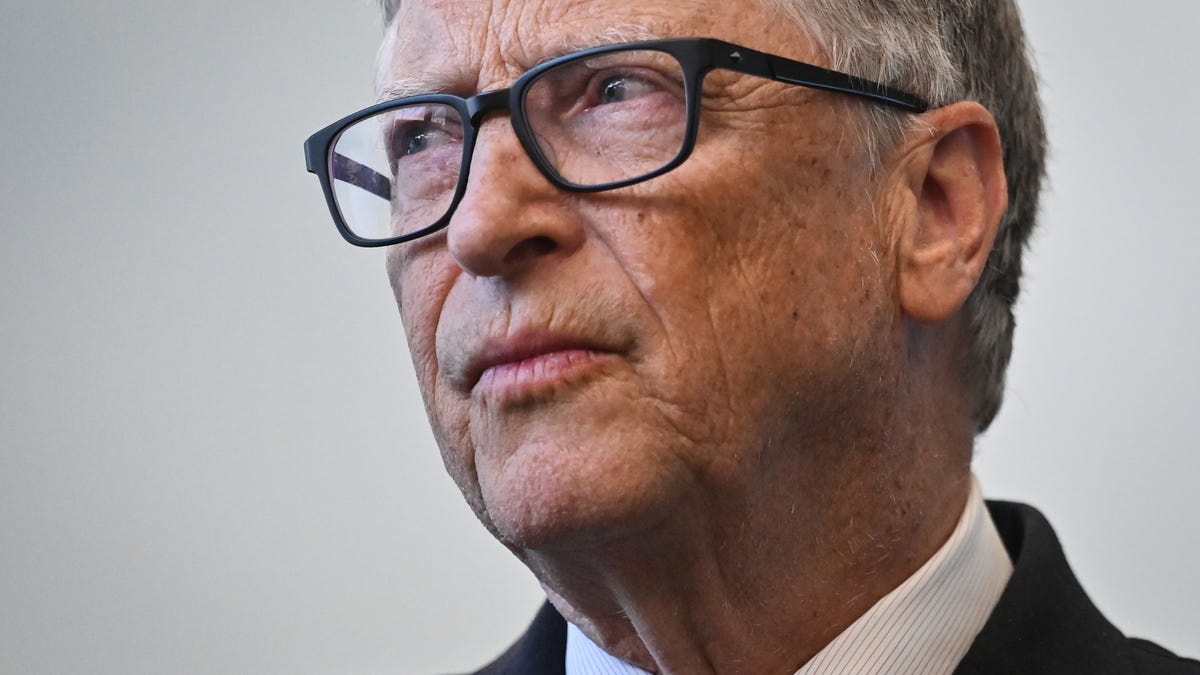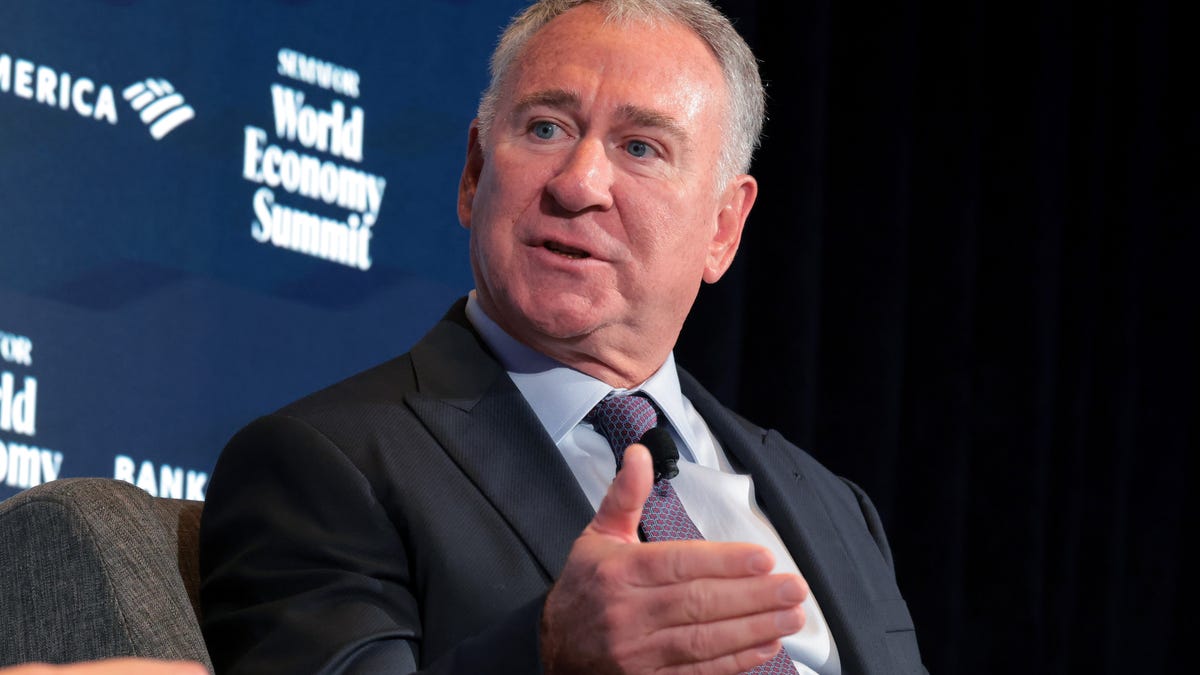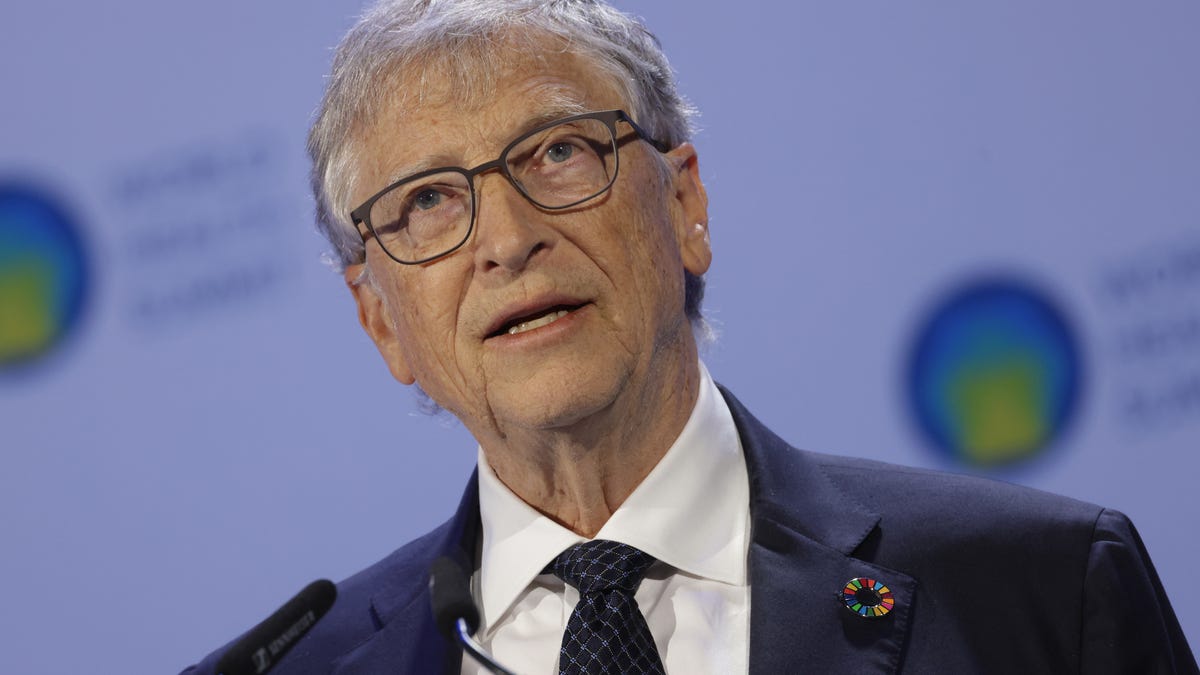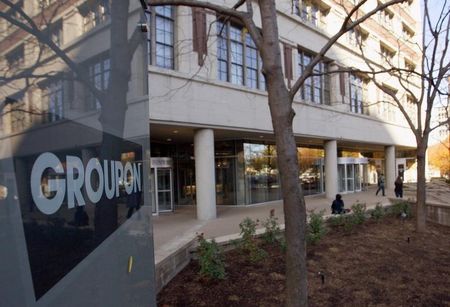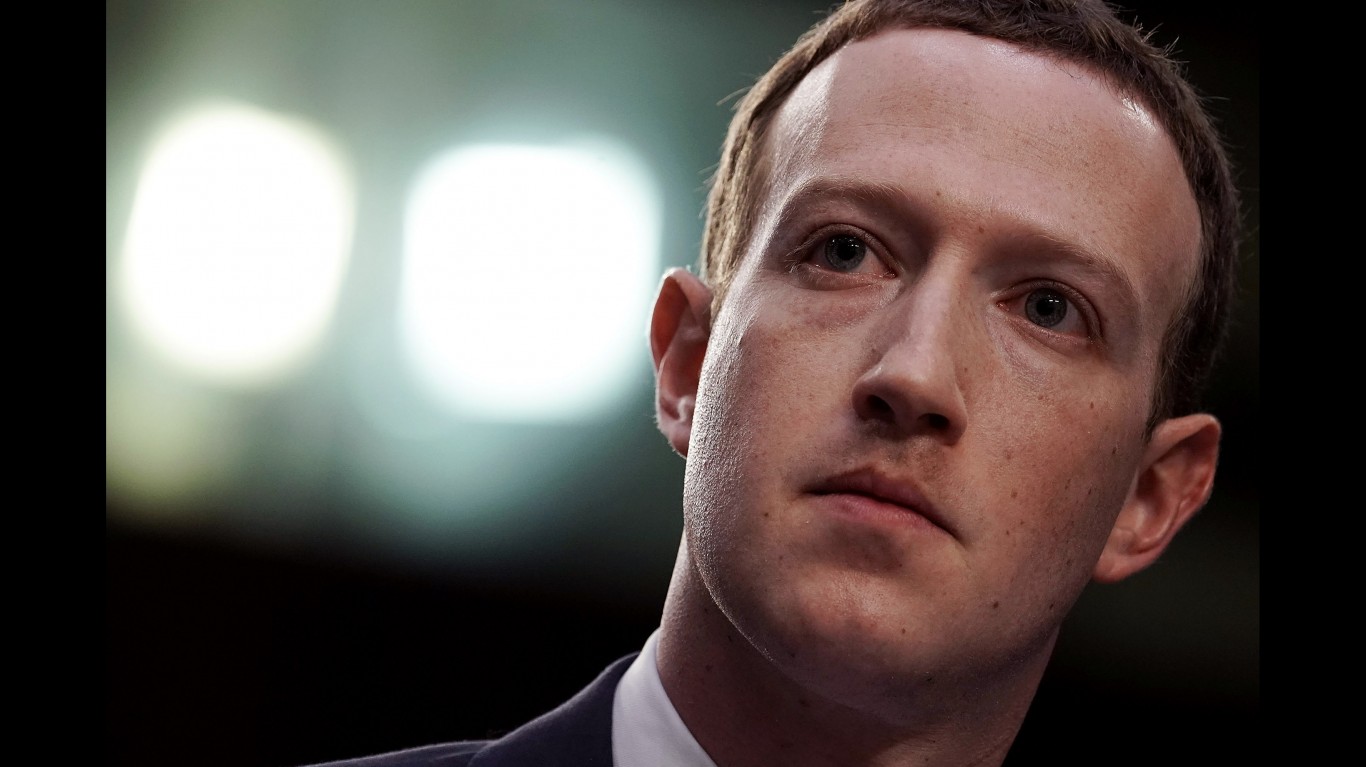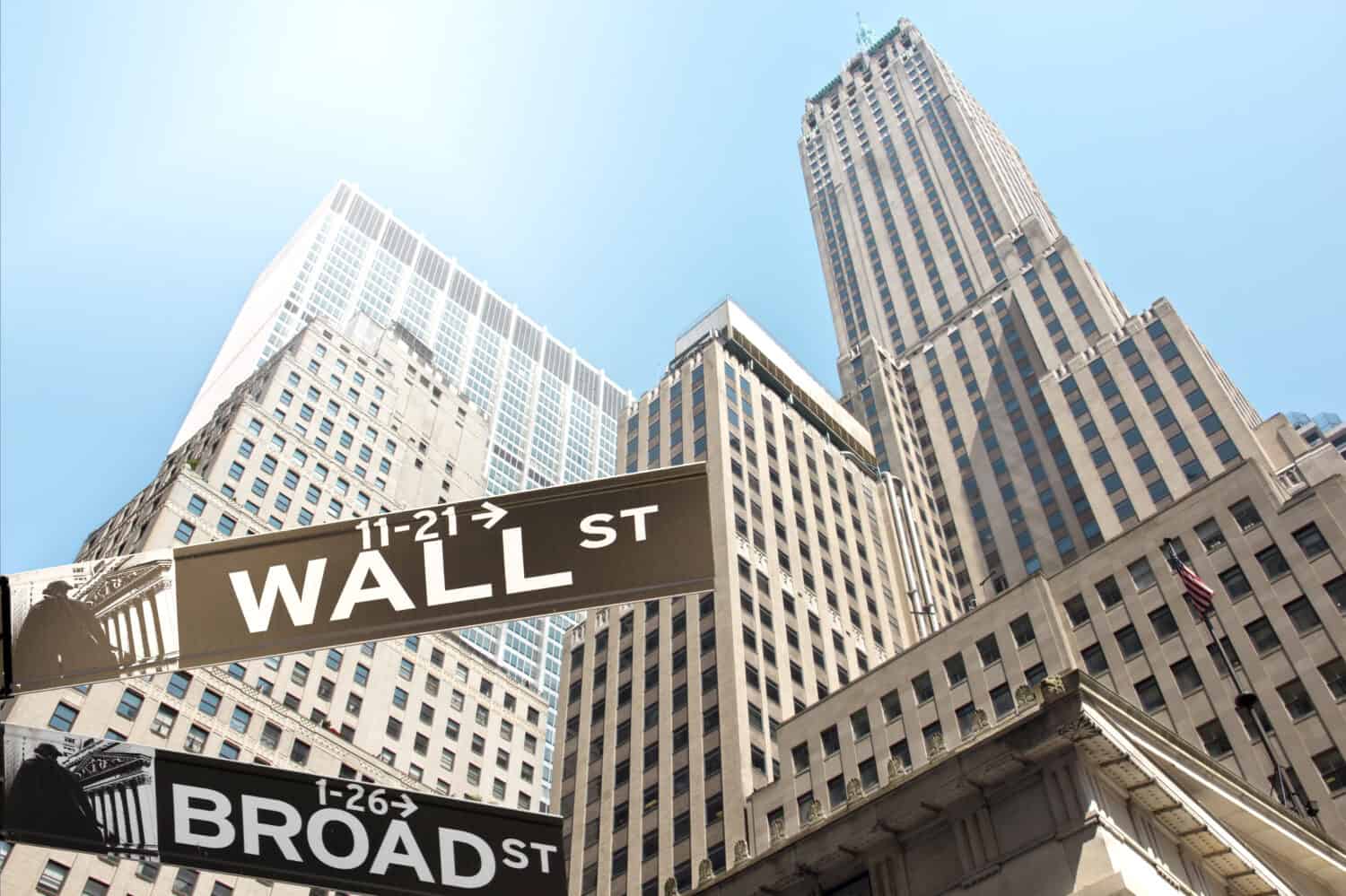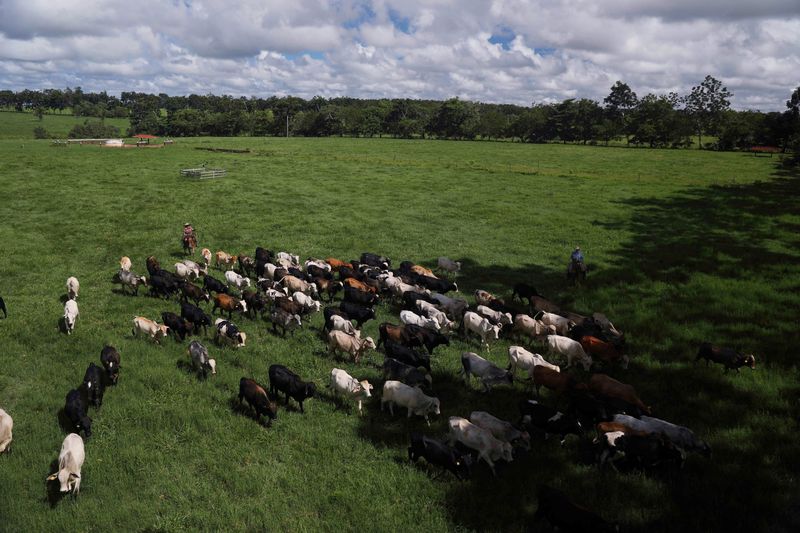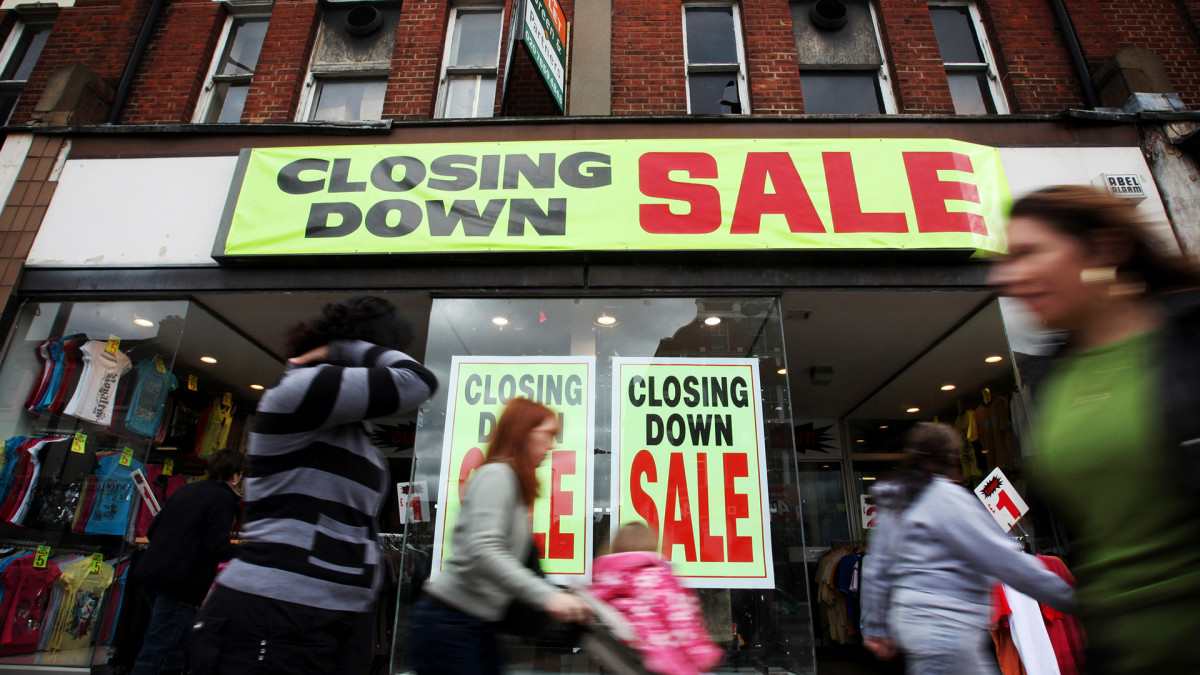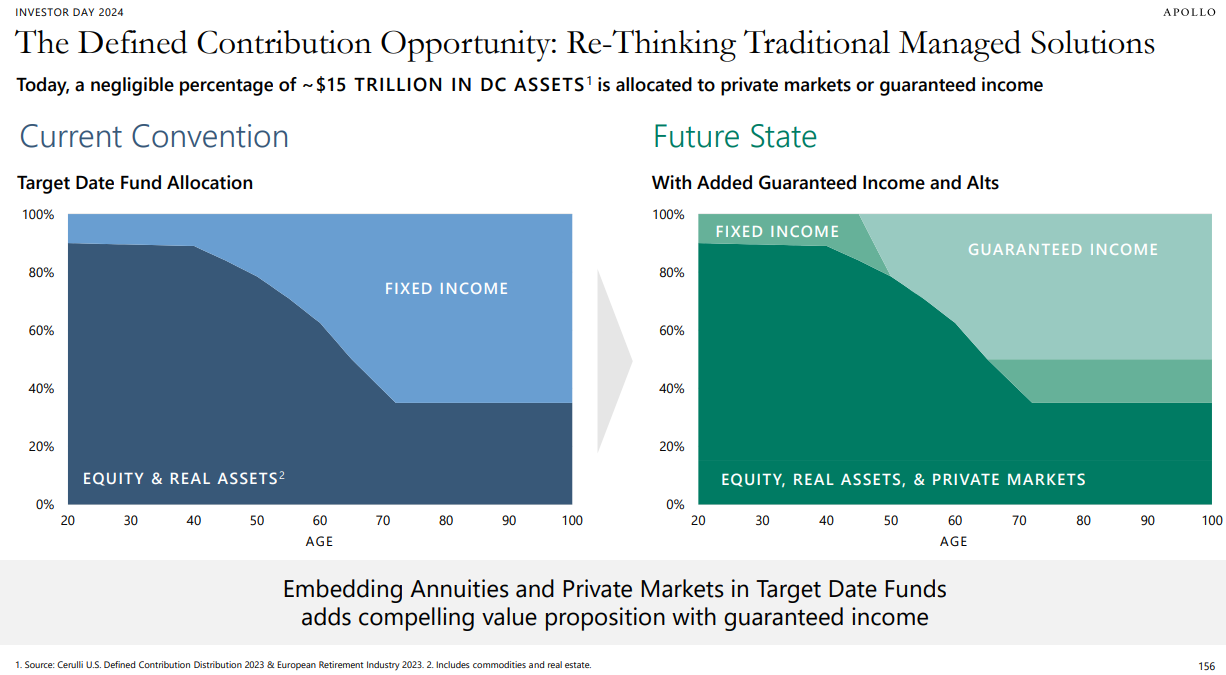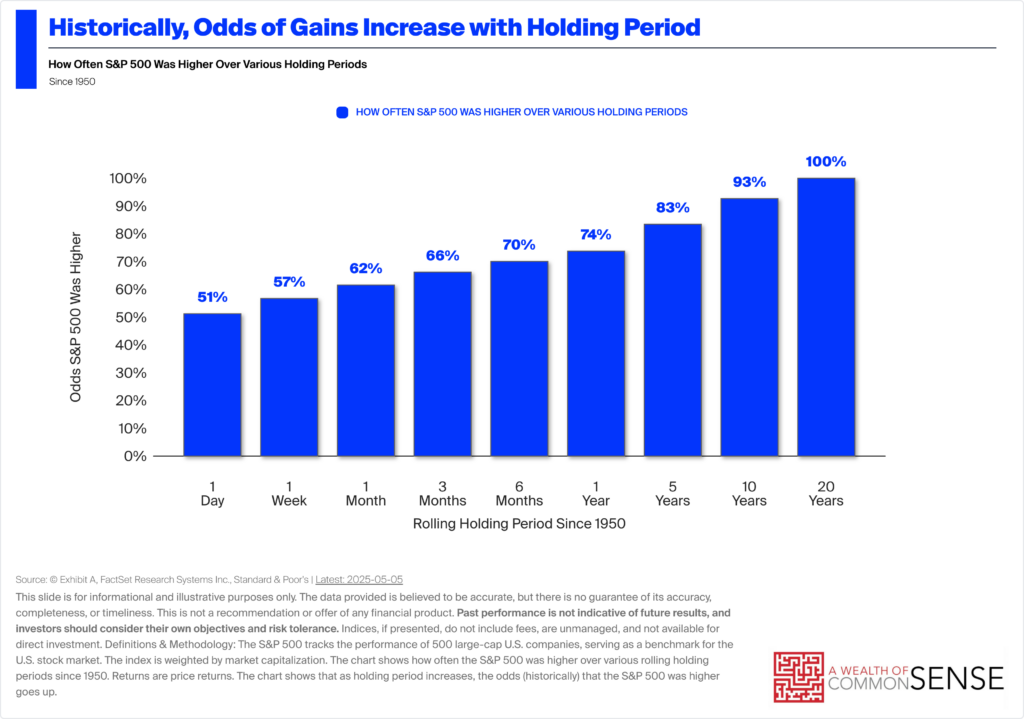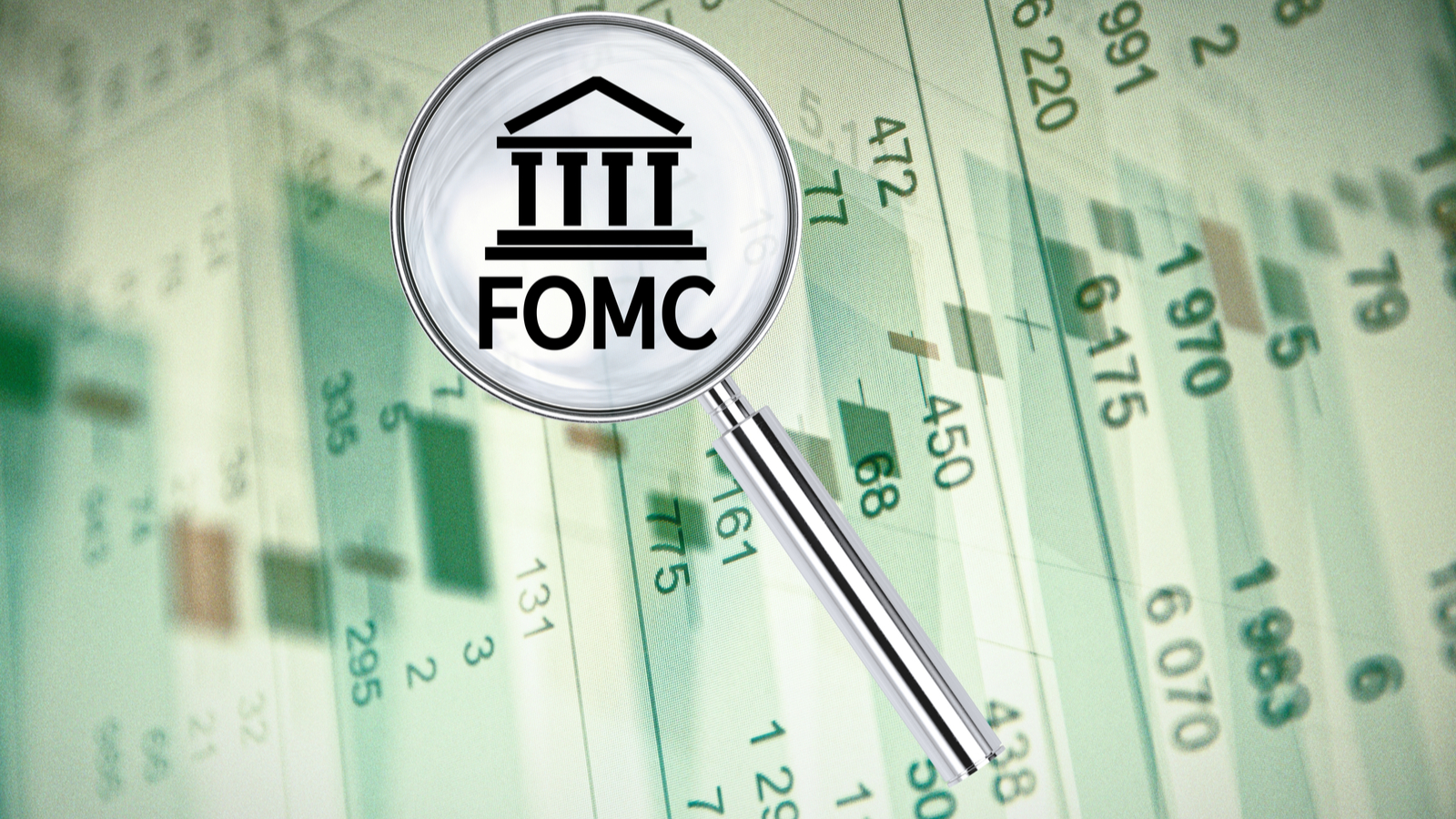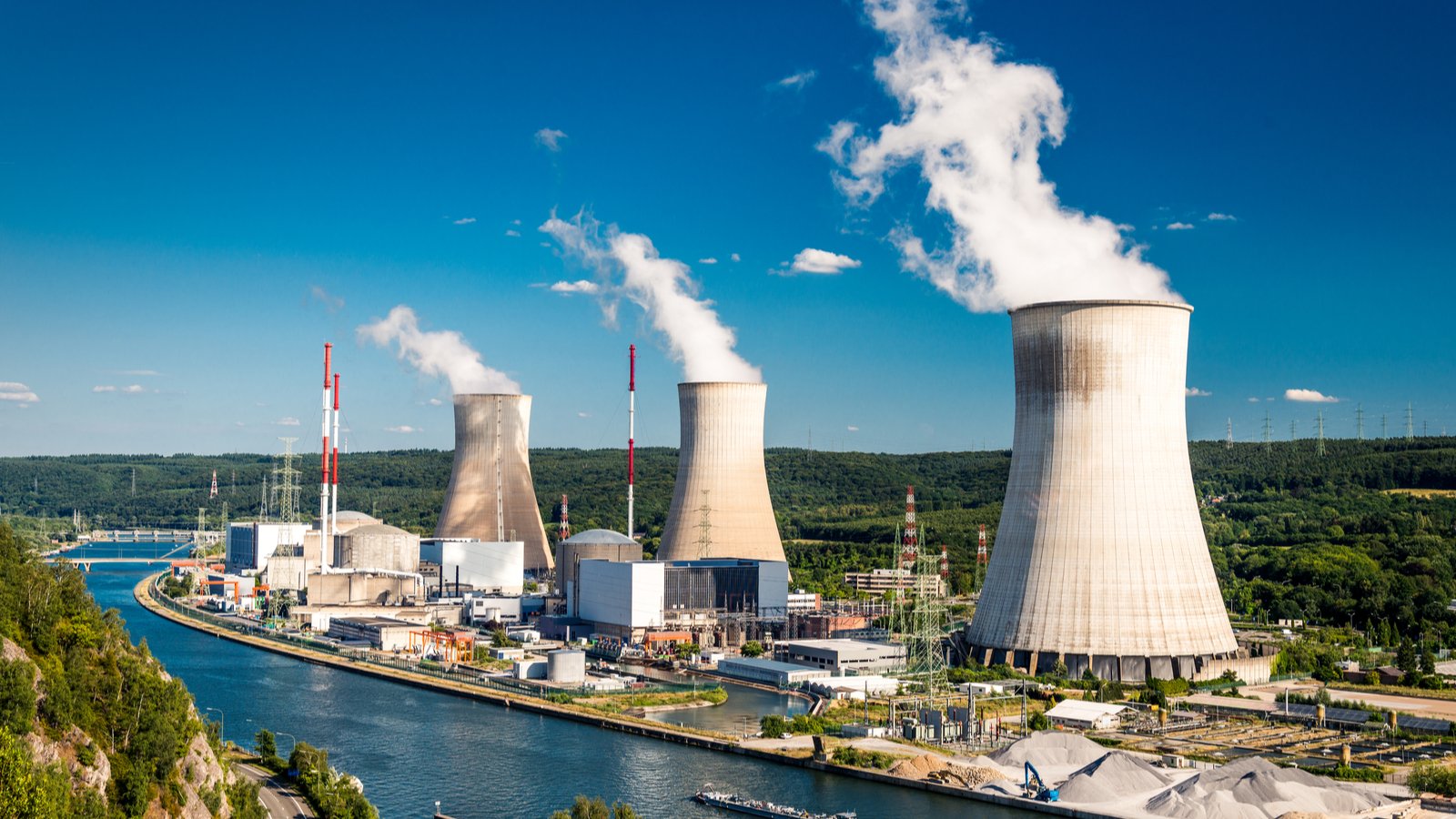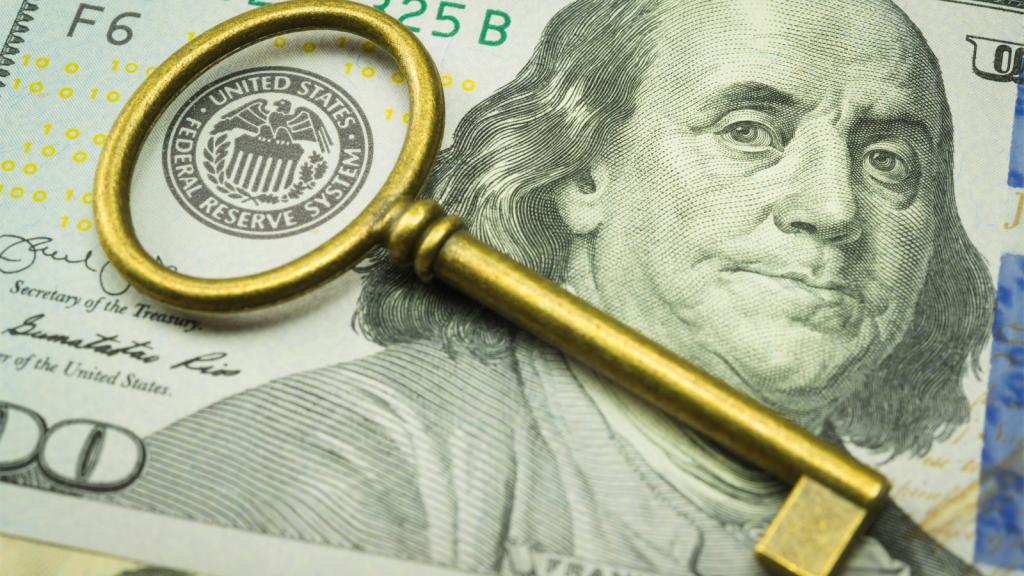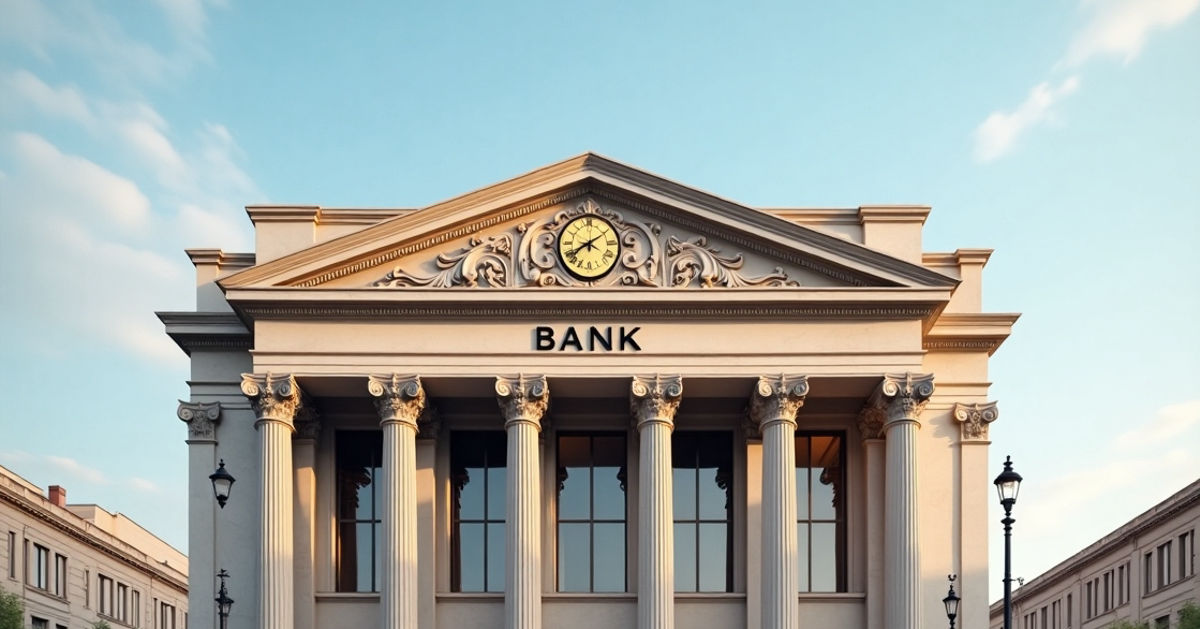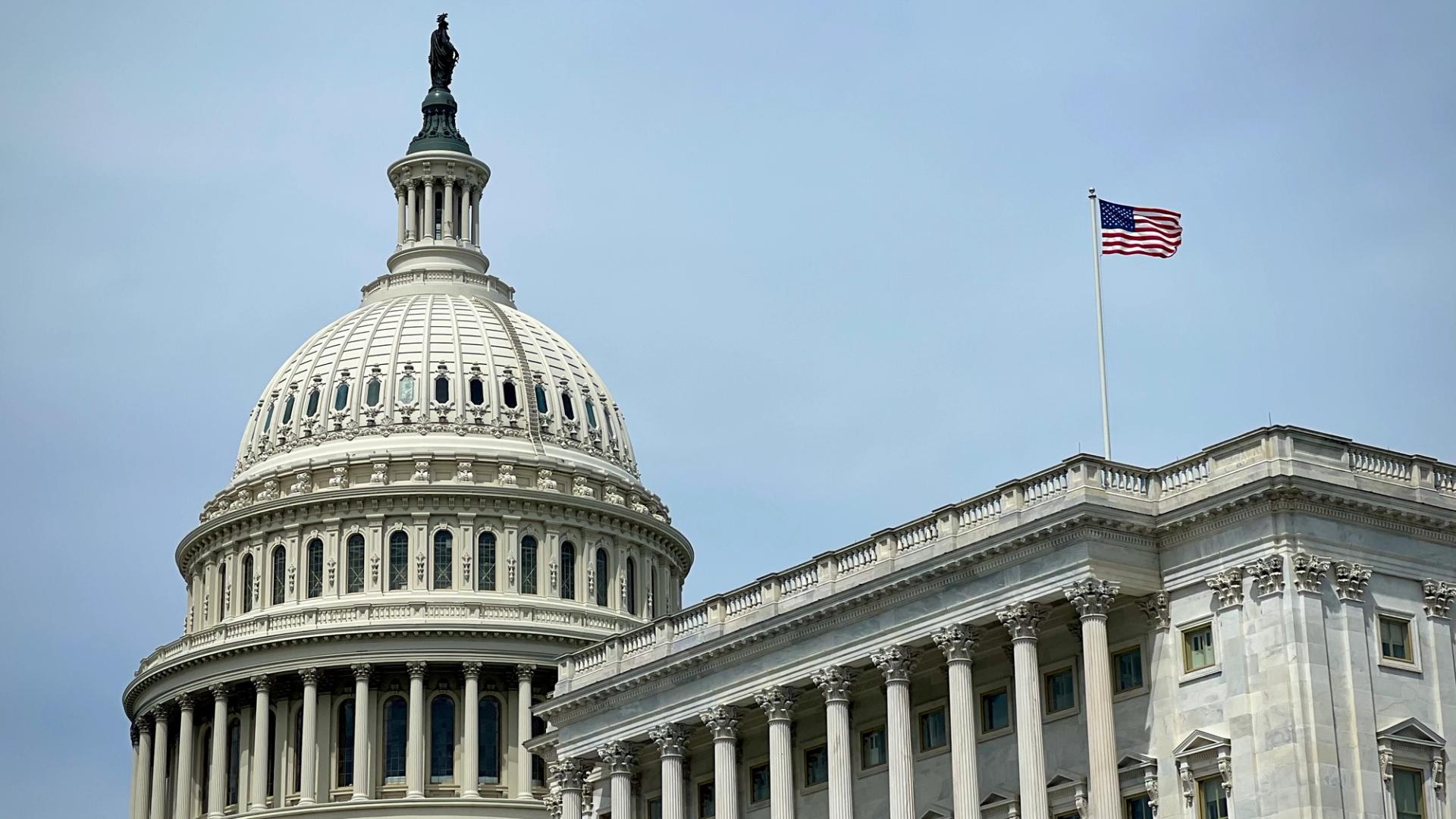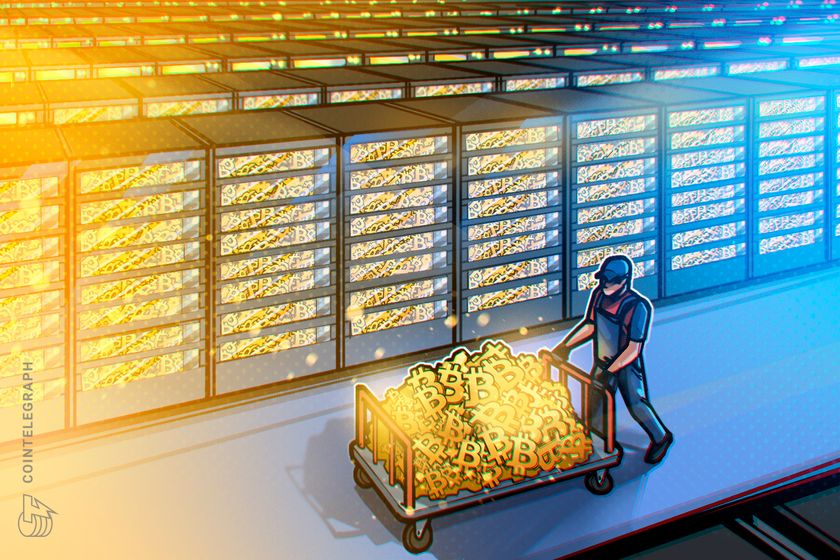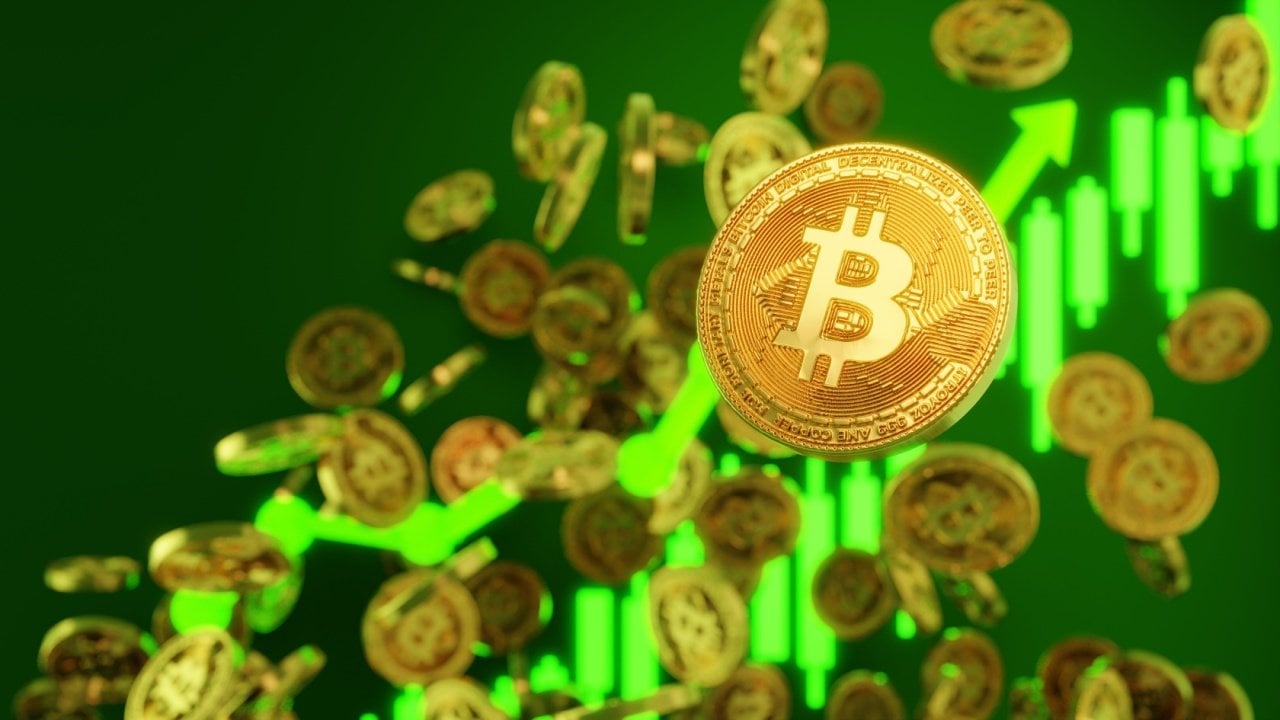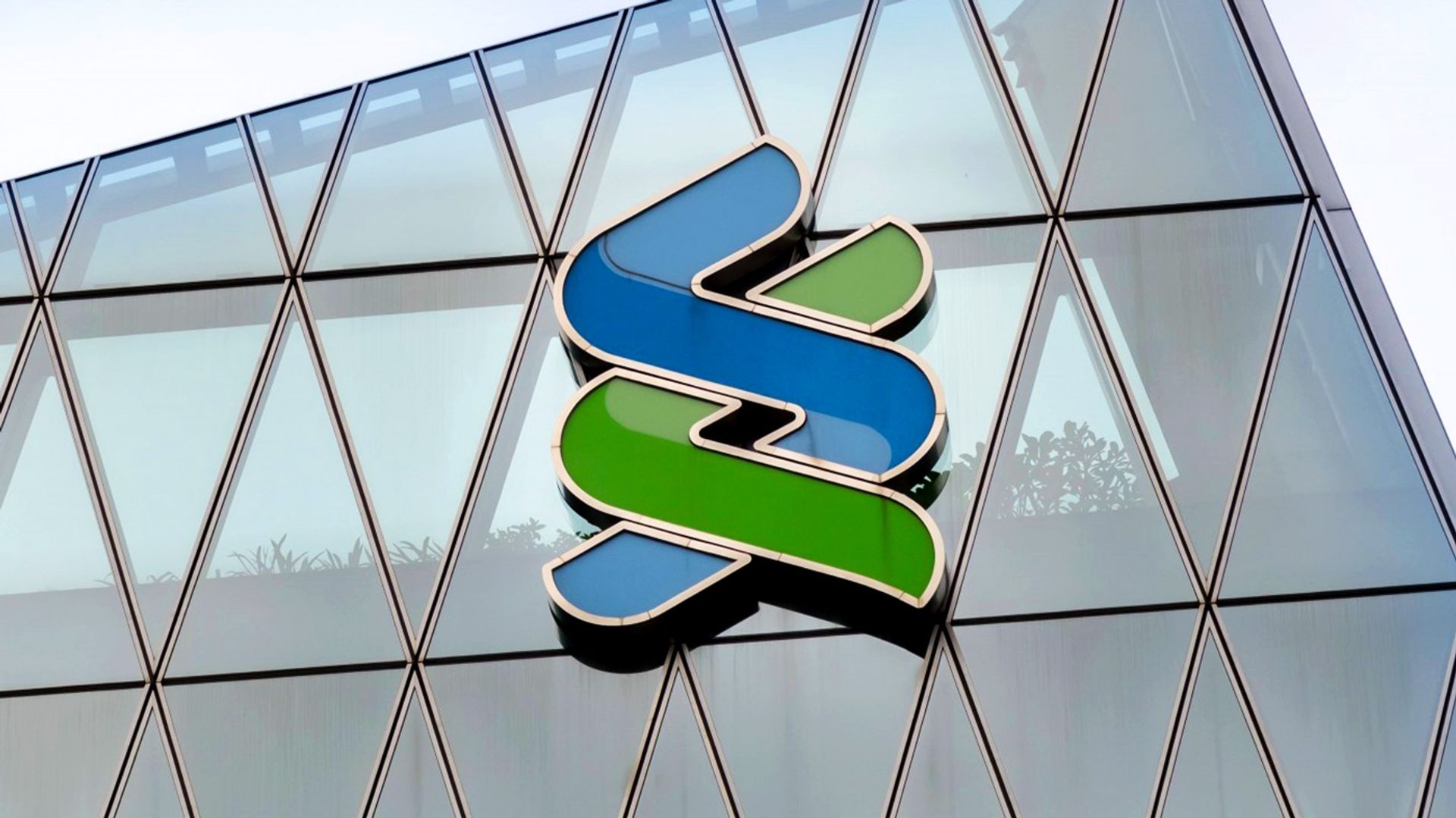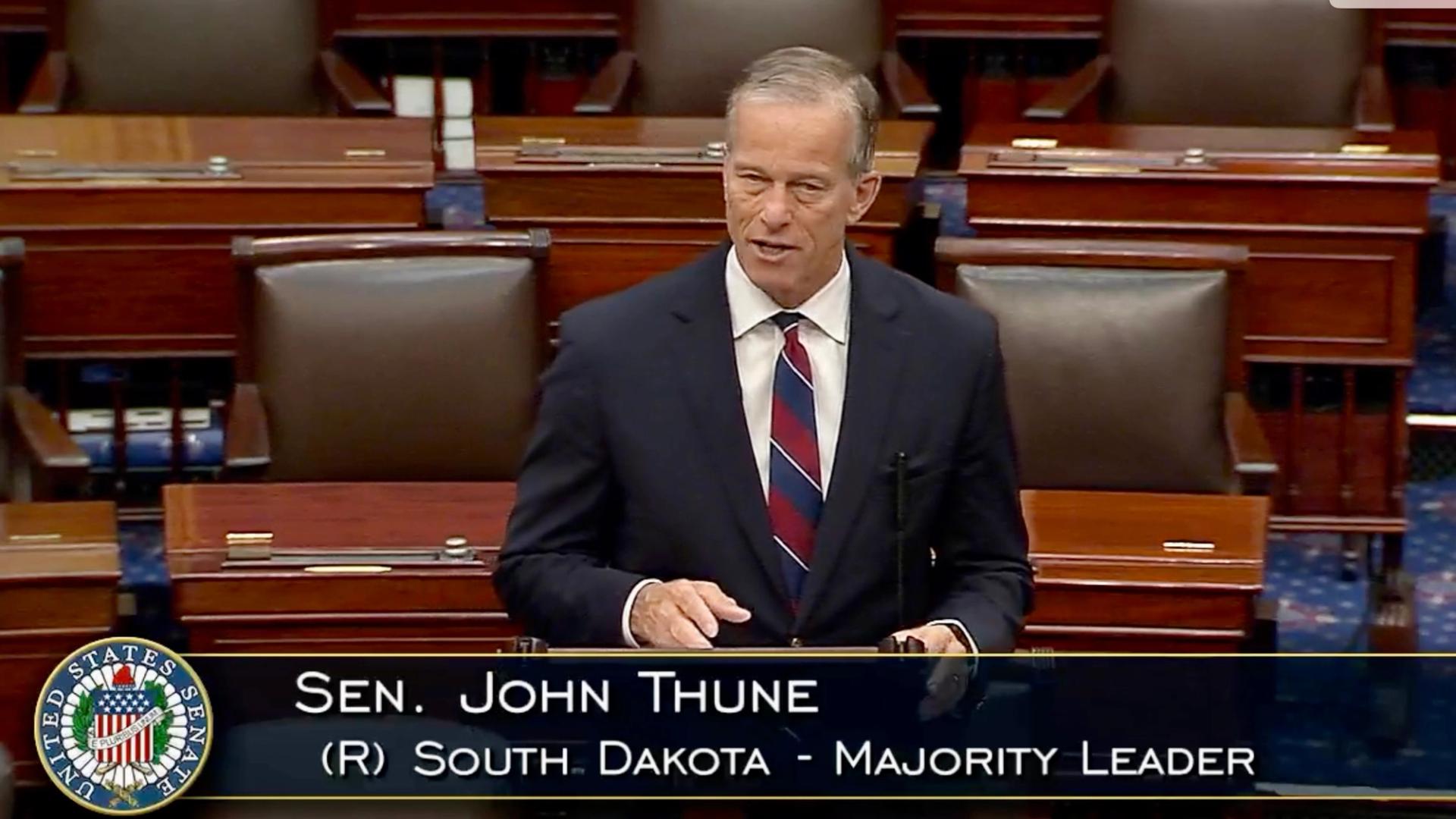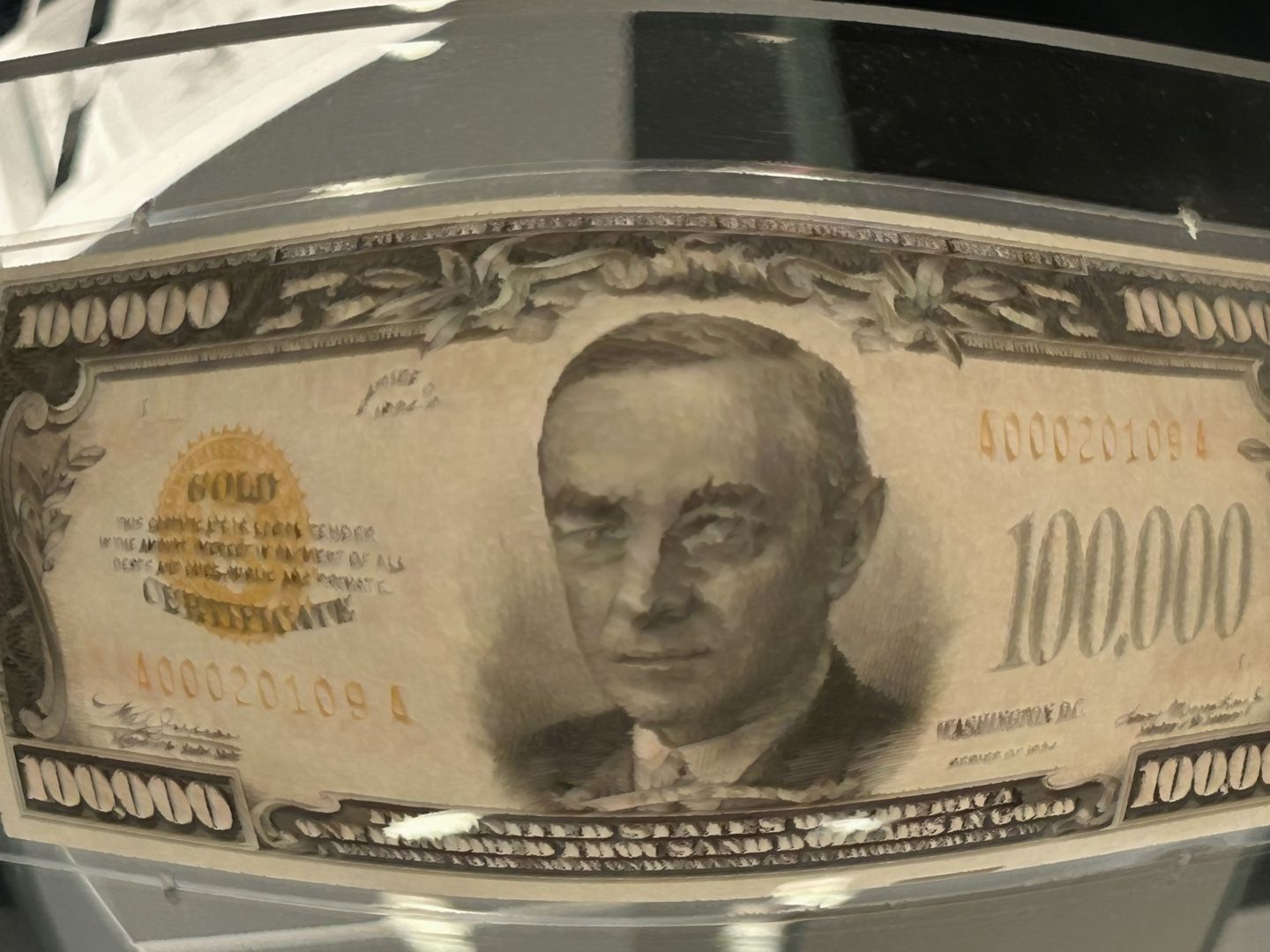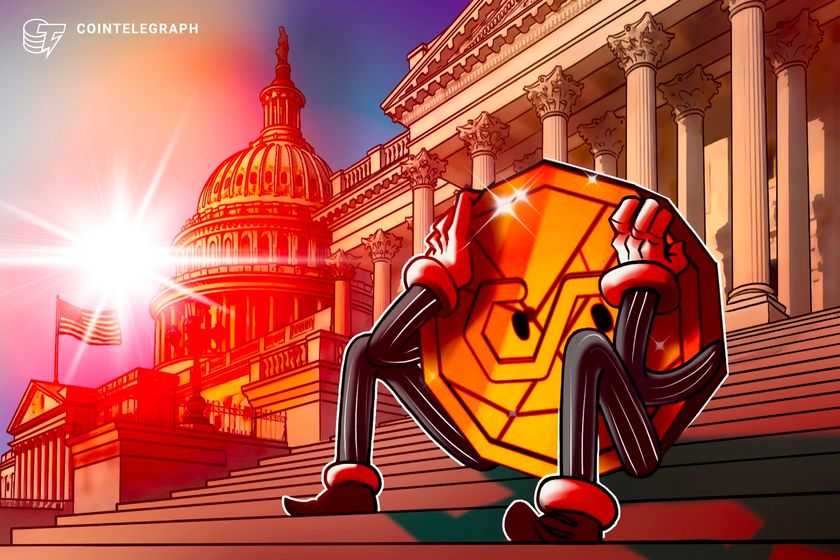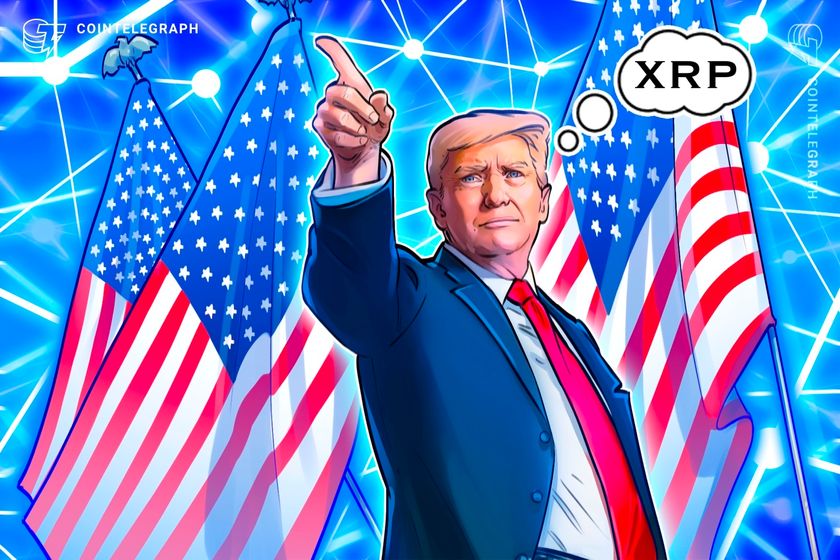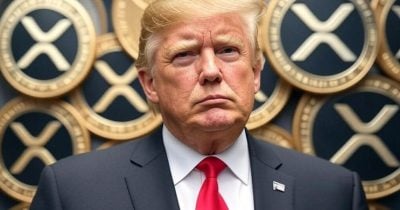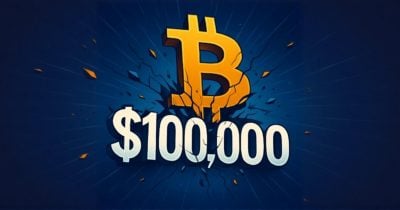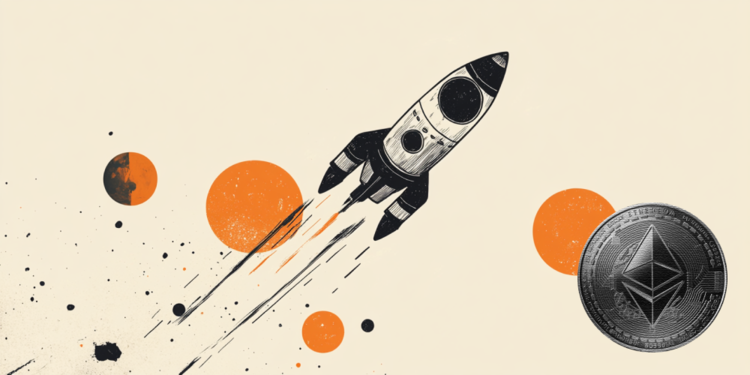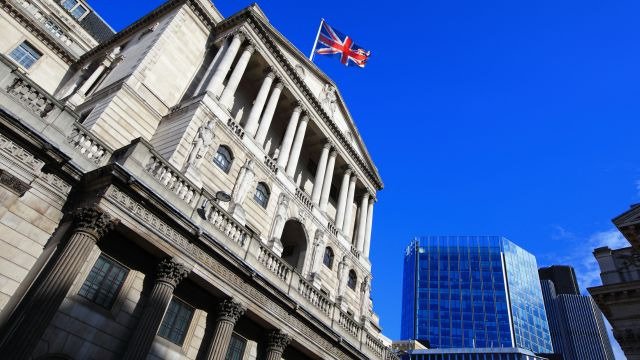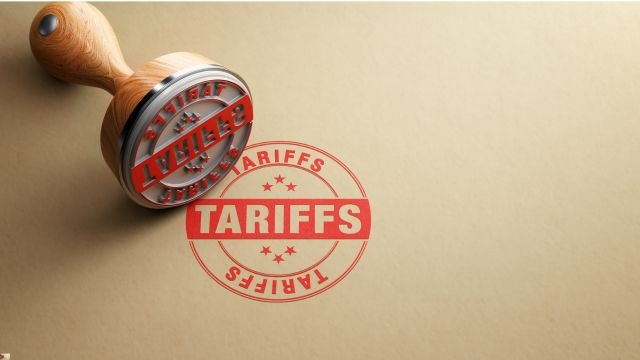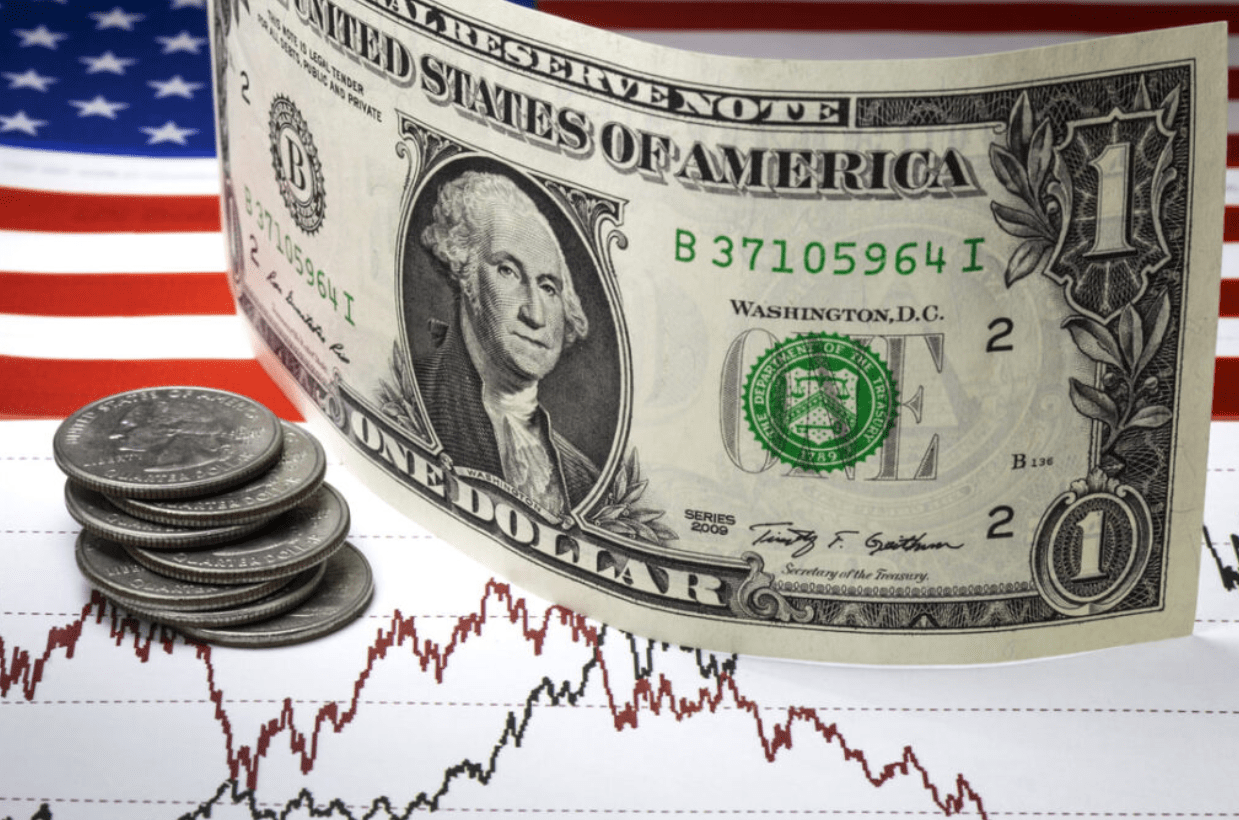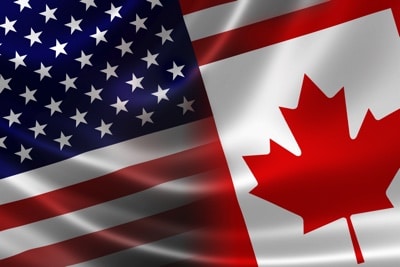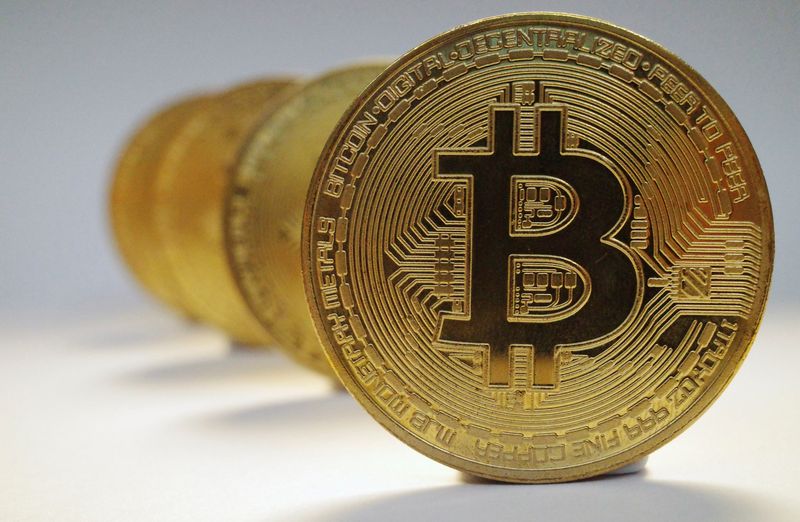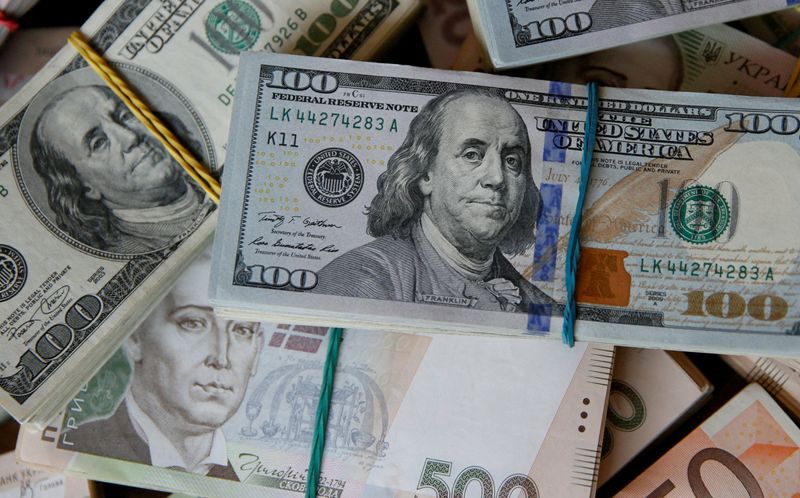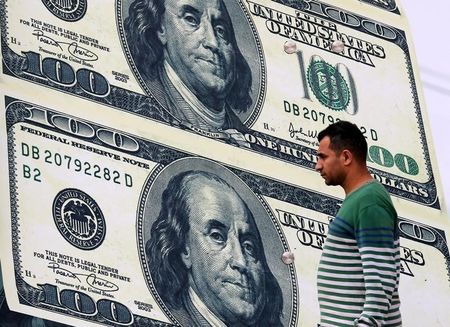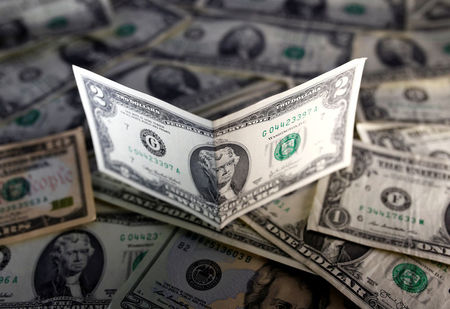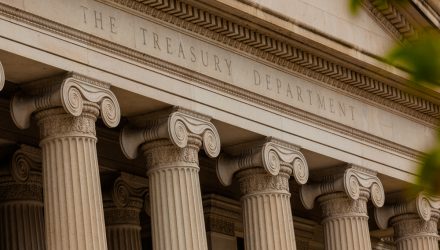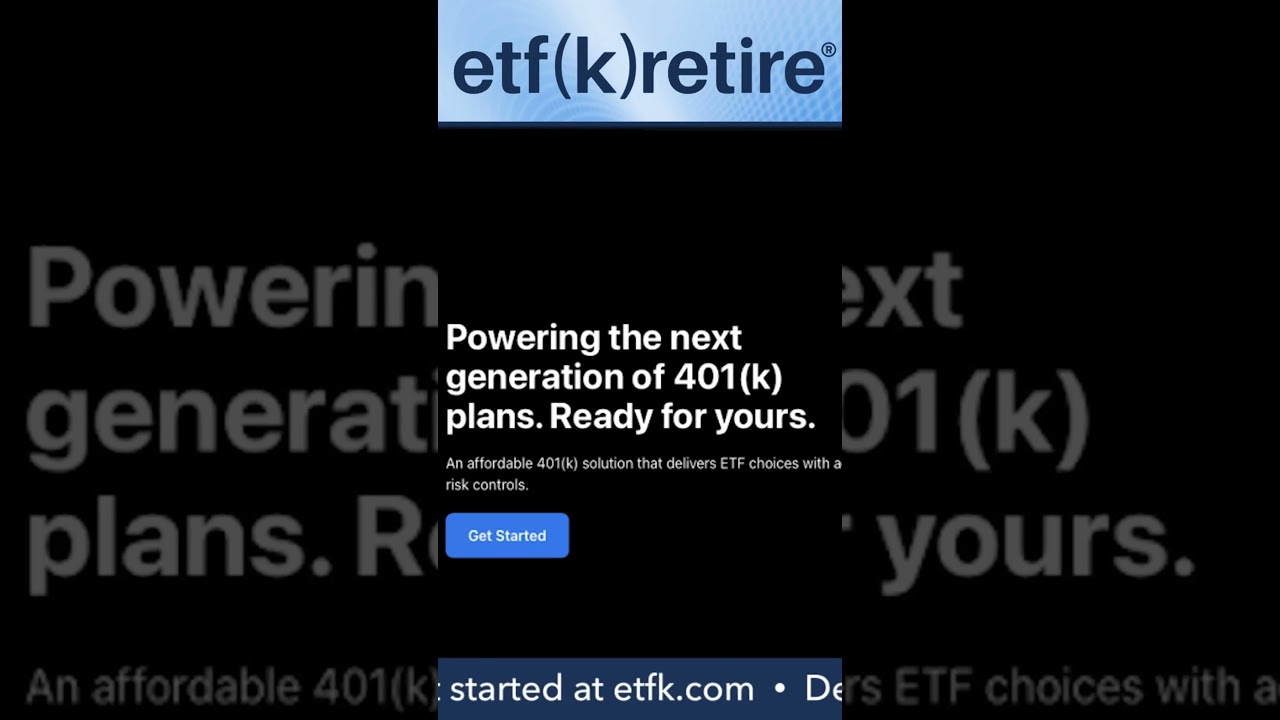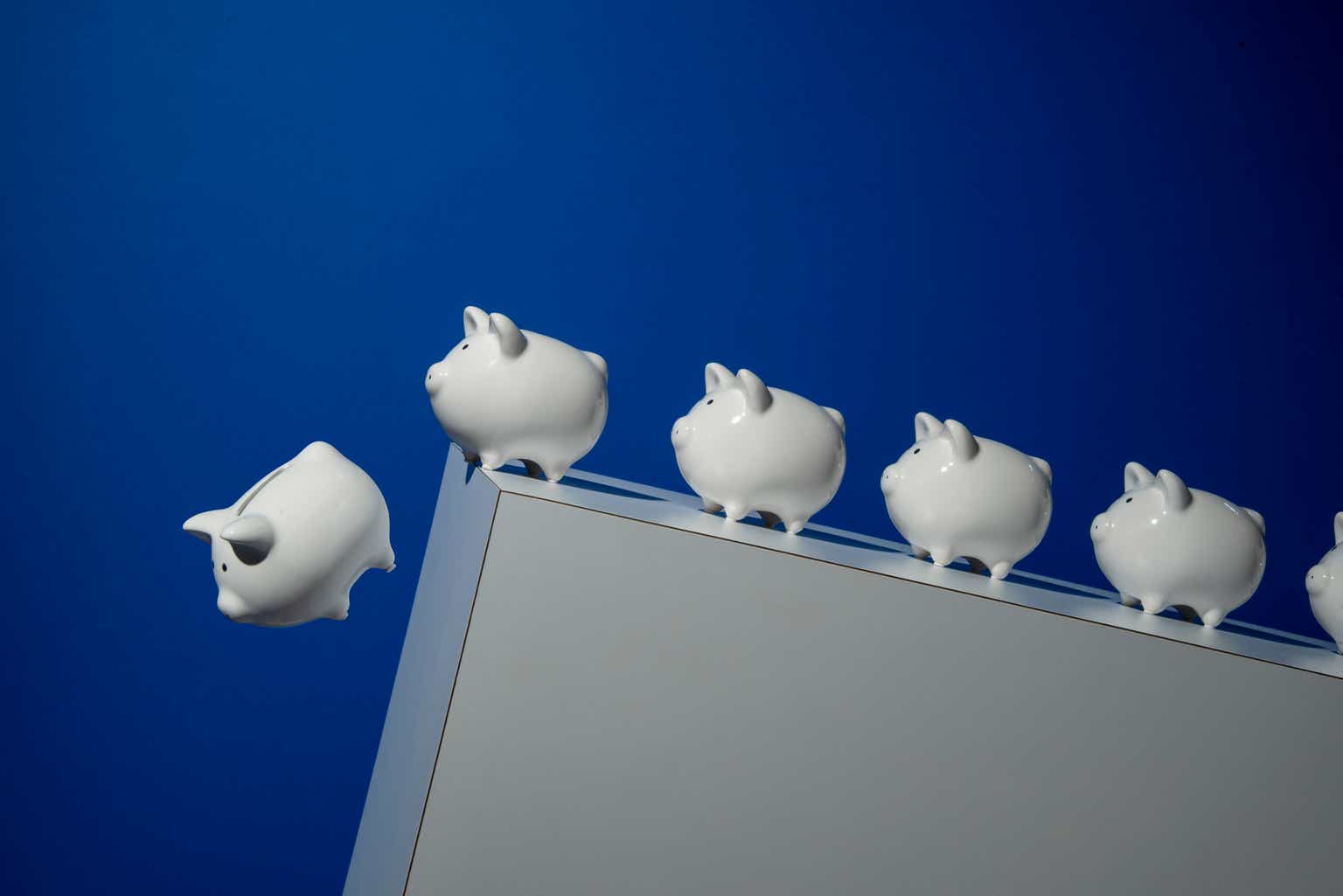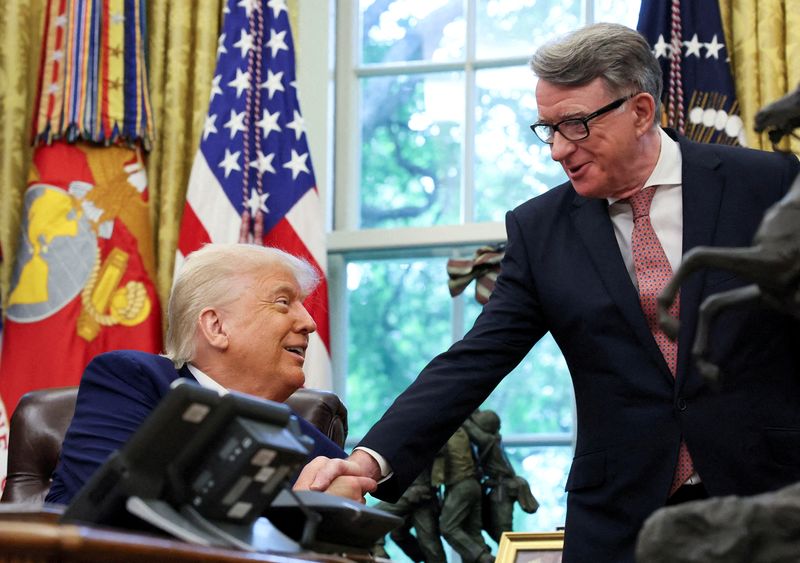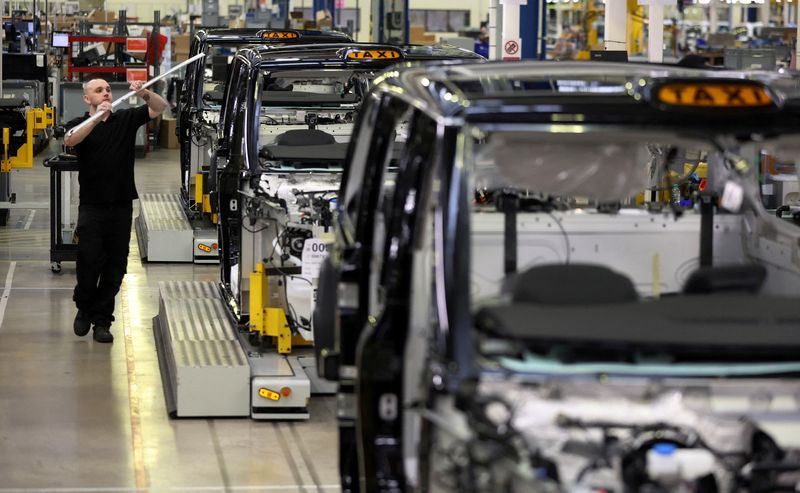Goldman Sachs unveils tariffs prediction, recession forecast
Here's what could happen in the trade war, and what's next for the U.S. economy.

There has been considerable debate recently about whether the U.S. economy could be entering a period of stagflation and whether a recession is looming.
Those who believe the economy is at risk of a reckoning argue that inflation is sticky, job losses are rising, and tariffs will likely dent household and business spending.
Related: Veteran fund manager who predicted the S&P 500 rally updates forecast after Fed, China news
Those who think we'll sidestep a recession point to the fact that the services sector is still expanding, wages are outpacing inflation, and tariff worries are overblown.
Nobody knows for sure what's next for the U.S. economy, but Goldman Sachs recently released updated thoughts, including an important trade war prediction and their latest recession forecast. Shutterstock
U.S. economy stumbles as trade war intensifies
The U.S. economy was arguably already weakening before President Donald Trump shocked markets with harsher-than-expected reciprocal tariffs on April 2, so-called "Liberation Day."
The Federal Reserve's most restrictive monetary policy in decades successfully drove inflation down in 2024. However, higher rates of economic slowing have led to job losses, increasing the unemployment rate to 4.2% from 3.4% in 2023.
Related: Legendary fund manager sends blunt 7-word message on stocks
Concern over unemployment led the Fed to cut its Fed Funds Rate in September, November, and December last year. However, those moves have failed to shore up the jobs market, and inflation progress has stalled.
The Consumer Price Index showed inflation of 2.4% in March, unchanged from last September. And Challenger, Gray, & Christmas report that corporate layoffs surged 93% in the first-quarter to 497,000, as Federal Government layoffs soared due to Department of Government Efficiency (DOGE) job losses and technology pink slips kicked in.
The situation will likely worsen following the newly instituted tariffs. On April 9, President Trump paused most of the reciprocal tariffs announced on April 2. However, he left 25% tariffs on Canada, Mexico, and cars in place, and a whopping 145% reciprocal tariff on China.
The additional reciprocal tariffs on China lift the import tax on Chinese products to as much as 160%, effectively shutting trade between China and America.
The remaining tariffs and the uncertain outcome of ongoing negotiations have damaged consumer and business sentiment. The Conference Board's Expectations Index has tanked to 54.4, the lowest since October 2011. Meanwhile, the University of Michigan's sentiment survey shows respondents now believe inflation will surge to 6.5% in the coming year.
More Economic Analysis:
- Fed inflation gauge sets up stagflation risks as tariff policies bite
- U.S. recession risk leaps as GDP shrinks
- Like it or not, the bond market rules all
Absent clarity on how tariffs will pan out, businesses are broadly rethinking their capital expenditure budgets, pausing investments until they can accurately model costs and return on investment.
Goldman Sachs unveils China trade war prediction, updates recession forecast
This week, Treasury Secretary Scott Bessent offered an update on trade deal negotiations that could reset tariff rates.
Related: Analyst unveils surprising Fed interest rate cut prediction
Bessent said that negotiations are underway with 17 of 18 major U.S. trading partners, and that discussions with the remaining holdout, China, would begin this coming weekend.
The news encouraged many to believe that there's a pathway to clarity, prompting Goldman Sachs to offer thoughts on how a deal with China may shake out.
"The mood music with China has improved, and we expect the US tariff rate on China to drop from around 160% to around 60% relatively soon. (China is likely to reduce tariffs on the US by a similar amount.)" Goldman Sachs analysts wrote in a note to clients on May 6.
The potential for a significant cut in the tariff rate on China would be a win, but it would still represent a huge new tax on imports that will likely cause U.S. companies to either increase prices or take a hit to their bottom line.
As a result, even a significant cut in the tariff rate to 60% would be an economic headwind, keeping recession risks on the table.
"It is not unusual for hard data to lag significantly in event-driven downturns," wrote Goldman Sachs. "Our 12-month recession risk estimate remains 45%. Beyond US-China, we still expect further tariff increases in other areas—e.g. pharmaceuticals, semiconductors, and potentially movies—and see a meaningful risk that some of the paused “reciprocal” tariffs will take effect after all."
Related: Veteran fund manager unveils eye-popping S&P 500 forecast






